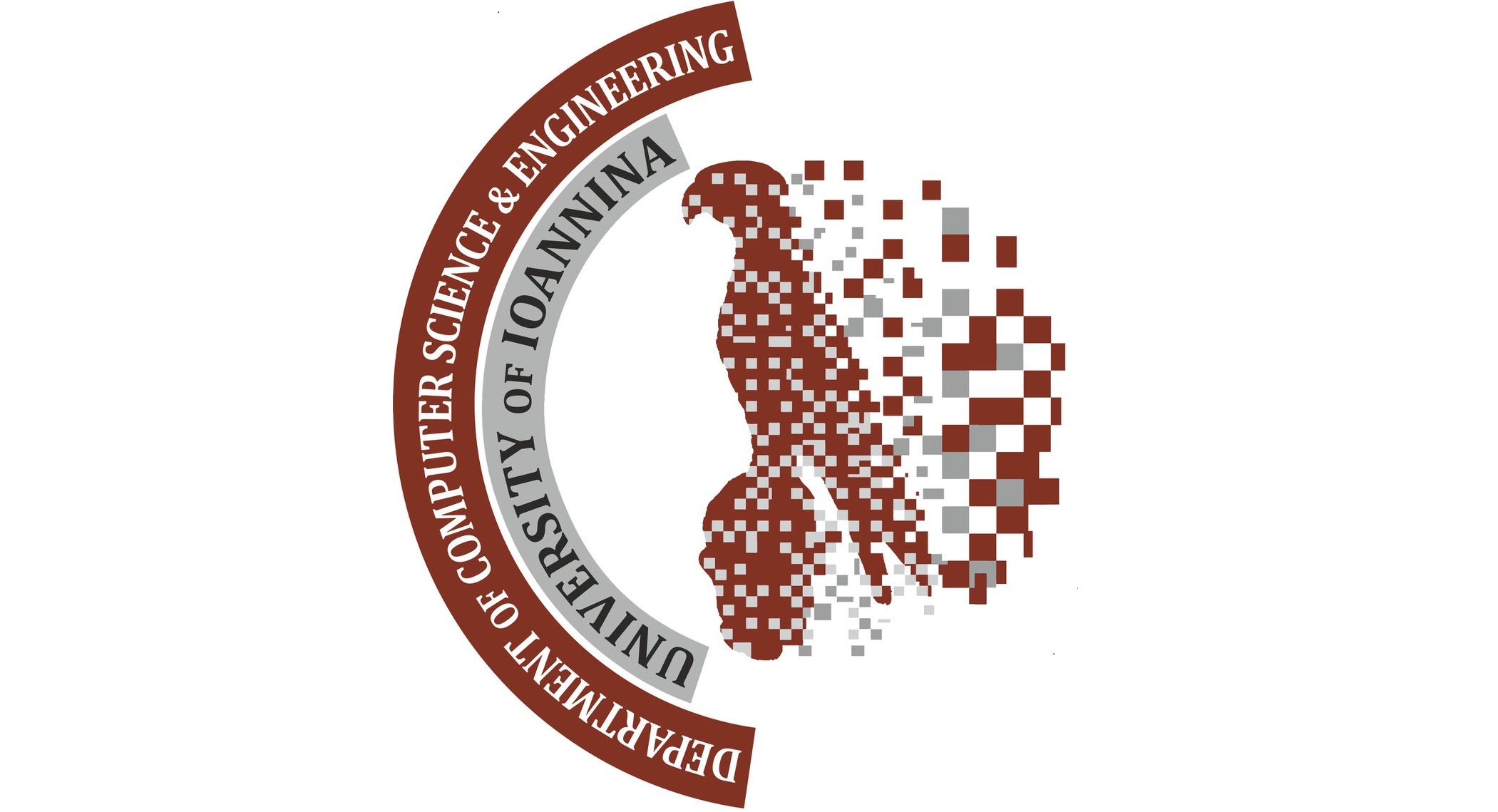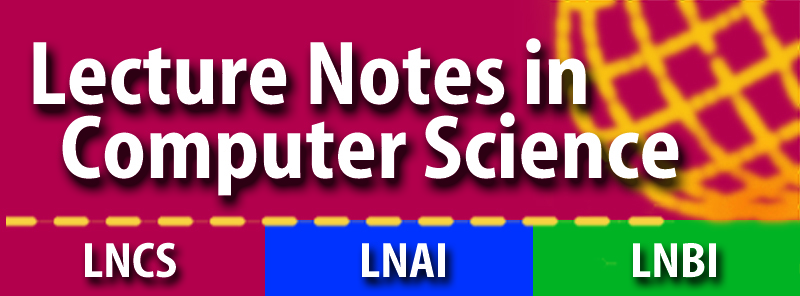
SIROCCO 2025
Keynote Speakers
Keynote Speakers
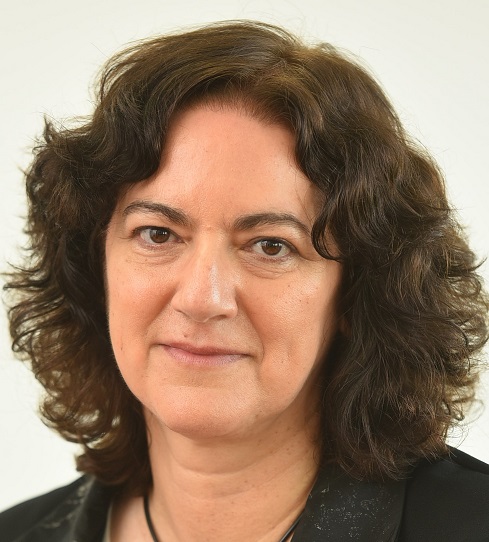
Hagit Attiya (external link, opens in new window) , Technion
Talk title: A Gold Standard, but Not a Silver Bullet
Abstract: Linearizability is the gold standard for libraries of concurrent data structures. Indeed, it is exactly the minimal condition that ensures an abstract data structure can be substituted by its concurrent implementation.
Nevertheless, linearizability is no silver bullet. First, linearizability is based on refinement, which ensures only inclusion of behaviours and does not preserve performance or security properties. Second, it only preserves the interface behaviours of sequential objects and does not capture additional properties like history independence.
This talk will propose augmented sequential objects as a way to capture properties that go beyond input/output relations.
Short bio
Hagit Attiya is an Israeli computer scientist who holds the Harry W. Labov and Charlotte Ullman Labov Academic Chair in Computer Science at the Technion – Israel Institute of Technology. Her research is primarily focused on distributed computing, with a particular emphasis on synchronization and fault tolerance.
Attiya received her B.S. in mathematics and computer science in 1981, her M.S. in 1983, and her Ph.D. in 1987 (under the supervision of Danny Dolev), all from the Hebrew University of Jerusalem. After completing postdoctoral research at MIT, she joined the Technion faculty in 1990, where she has been instrumental in advancing research in distributed computing.
Her accomplishments include being named a Fellow of the Association for Computing Machinery (ACM) in 2009 for her contributions to distributed and parallel computing. In 2011, she was awarded both the prestigious Edsger W. Dijkstra Prize in Distributed Computing for her work on shared memory through message passing and the Michael Bruno Memorial Award, recognizing her outstanding achievements and potential in the field.
Attiya has co-authored two widely referenced books: Distributed Computing: Fundamentals, Simulations, and Advanced Topics (2004) with Jennifer Welch, and Impossibility Results for Distributed Computing (2014) with Faith Ellen. Since 2008, she has served as editor-in-chief of the influential journal Distributed Computing.
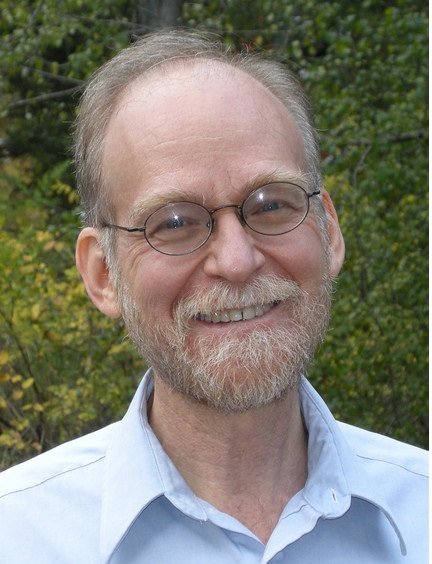
Joseph Y. Halpern (external link, opens in new window) , Cornell University
Talk title: Actual Causality: A Survey
Abstract: What does it mean that an event C ``actually caused'' event E? The problem of defining actual causation goes beyond mere philosophical speculation. For example, in many legal arguments, it is precisely what needs to be established in order to determine responsibility. (What exactly was the actual cause of the car accident or the medical problem?) The philosophy literature has been struggling with the problem of defining causality since the days of Hume, in the 1700s. Many of the definitions have been couched in terms of counterfactuals. (C is a cause of E if, had C not happened, then E would not have happened.) In 2001, Judea Pearl and I introduced a new definition of actual cause, using Pearl's notion of structural equations to model counterfactuals. The definition has been revised twice since then, extended to deal with notions like "responsibility" and "blame", and applied in databases and program verification. I survey the last 15 years of work here, including joint work with Judea Pearl, Hana Chockler, and Chris Hitchcock. The talk will be completely self-contained.
Short bio
Joseph Halpern received a B.Sc. in mathematics from the University of Toronto in 1975 and a Ph.D. in mathematics from Harvard in 1981. Between degrees, he led the Mathematics Department at Bawku Secondary School, Ghana, for two years. After a year as a visiting scientist at MIT, he joined IBM Almaden Research Center in 1982, staying until 1996 while also serving as a consulting professor at Stanford. In 1996, he joined Cornell's Computer Science Department, where he is the Joseph C. Ford Professor and served as department chair from 2010 to 2014.
Halpern’s research interests span reasoning about knowledge and uncertainty, security, distributed computation, decision theory, and game theory. He and his former student Yoram Moses pioneered using reasoning about knowledge to analyze distributed protocols and multi-agent systems. Halpern has coauthored 6 patents, 3 books (Reasoning About Knowledge, Reasoning about Uncertainty, and Actual Causality), and over 400 publications.
Halpern is a Fellow of AAAI, AAAS, the American Academy of Arts and Sciences, ACM, IEEE, the Game Theory Society, the National Academy of Engineering, and SAET. Among other awards, he received the Kampe de Feriet Award in 2016, the ACM SIGART Autonomous Agents Research Award in 2011, the Dijkstra Prize in 2009, the ACM/AAAI Newell Award in 2008, and the Godel Prize in 1997. He was a Guggenheim Fellow in 2001-02, and a Fulbright Fellow in 2001-02 and 2009-10. Two of his papers have won best-paper prizes at IJCAI (1985 and 1991), and another two received best-paper awards at the Knowledge Representation and Reasoning Conference (2006 and 2012). He was editor-in-chief of the Journal of the ACM (1997-2003) and has been program chair of a number of conferences, including STOC, LLICS, UAI, PODC, and TARK. He started the computer science section of arxiv.org, and serves on its advisory board.
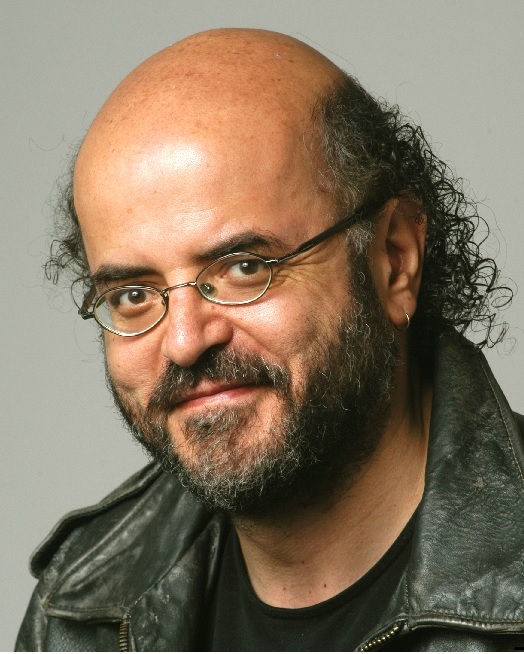
Christos Papadimitriou (external link, opens in new window) , Columbia University and Archimedes AI
Talk title: Computing with Dynamical Systems: Game Theory and the Brain
Abstract: Dynamical systems is a deep and elegant branch of Mathematics developed at the dawn of the 20th century to understand ordinary differential equations, and which has since powerfully informed Physics, Neuroscience and Economics among other fields -- and yet it has not touched CS much. This is strange because dynamical systems are coterminous with computation -- and not just because of quantum computers: A chip is a complex dynamical system of atoms and electrons engineered to have computationally meaningful attractors we call bit vectors. After a brief and targeted introduction to the subject, I will recount how dynamical systems are currently informing my work on two important research problems: (a) A reformulation of what a game means in view of the many problematic aspects of the incumbent Nash equilibrium; and (b) Understanding the computational processes whereby our brain creates cognition, intelligence, and language.
Short bio
Christos H. Papadimitriou is a Greek theoretical computer scientist, currently the Donovan Family Professor of Computer Science at Columbia University. He is renowned for his contributions to algorithms, computational complexity, and their applications to fields like economics, game theory, biology, and the brain.
Papadimitriou earned his B.S. in electrical engineering from the National Technical University of Athens in 1972 and his Ph.D. in electrical engineering and computer science from Princeton University in 1976. Over his career, he has taught at Harvard, MIT, Athens Polytechnic, Stanford, UC Berkeley, and UC San Diego before joining Columbia University in 2017.
Among his many achievements, Papadimitriou has co-authored the seminal paper on the complexity of computing Nash equilibria, which earned him the 2008 Kalai Game Theory and Computer Science Prize. He is also a recipient of prestigious awards such as the Gödel Prize (2012), the Knuth Prize (2002), and the IEEE John von Neumann Medal (2016). His research spans areas like computational neuroscience, artificial intelligence, and economics, and he has authored influential textbooks, including on Combinatorial Optimization, Computational Complexity and Algorithms.
Papadimitriou is a member of the U.S. National Academy of Sciences and the National Academy of Engineering, as well as a fellow of the American Academy of Arts and Sciences. He has received numerous honorary doctorates (ETH, EPFL, U of Cyprus, U of Athens, and others) and has written three novels, including a NYT bestseller.

Innovation Award Recipient
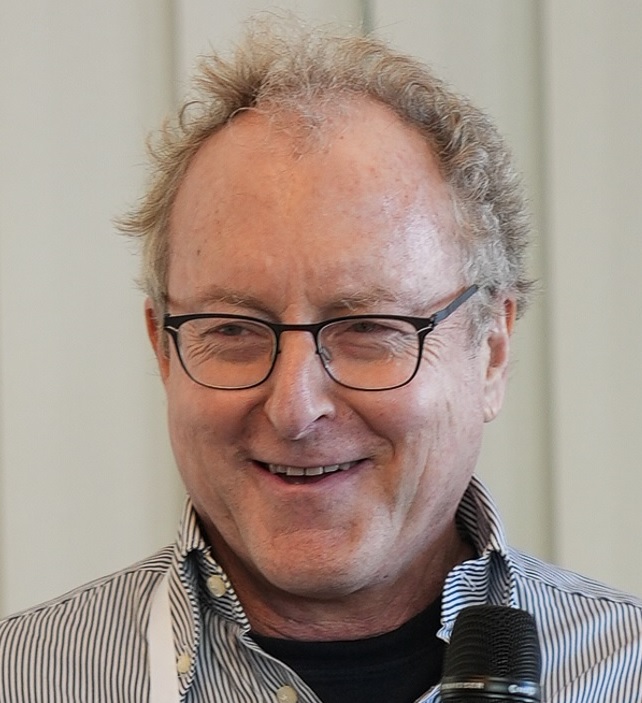
Sergio Rajsbaum (external link, opens in new window) , Universidad Nacional Autonoma de Mexico
Short bio: Sergio Rajsbaum, a leading figure in theoretical computer science, has made significant contributions to concurrent and distributed computing. Born in Mexico City, he earned his B.S. in Computer Engineering from UNAM and completed his Ph.D. at the Technion, Israel Institute of Technology, under Shimon Even, introducing the influential unison problem in his thesis. He later completed a postdoc at MIT under the supervision of Nancy Lynch.
As a Professor at UNAM's Institute of Mathematics, Dr. Rajsbaum has spent decades advancing the field, particularly through his groundbreaking work on clock synchronization, algorithm resilience, and the use of algebraic topology in distributed computing. His collaboration with Maurice Herlihy led to the influential book Distributed Computing Through Combinatorial Topology, co-authored with Dmitry Feichtner-Kozlov, which has expanded topological methods to distributed systems, logic, and social choice theory.
Dr. Rajsbaum’s research has been globally recognized, including recent work as a visiting researcher at France's IRIF. He has held key roles in leading conferences, notably as program chair for PODC, LATIN, and SIROCCO, and served as editor of the SIGACT News distributed computing column. With a career spanning research, teaching, and leadership in his field, Dr. Rajsbaum’s work continues to shape the landscape of distributed computing.


